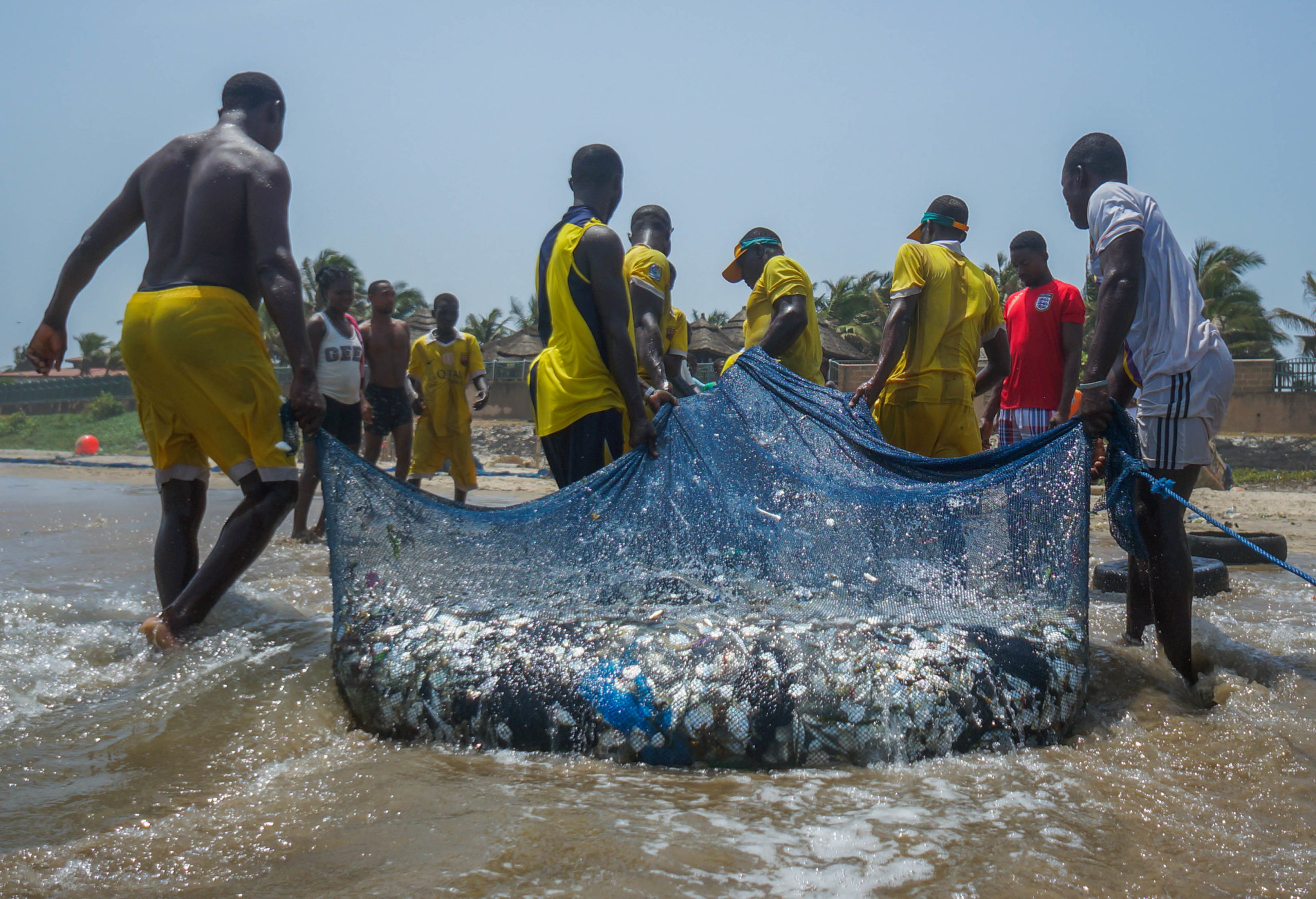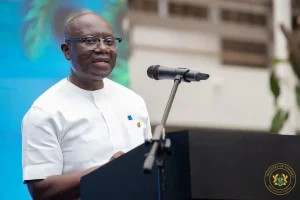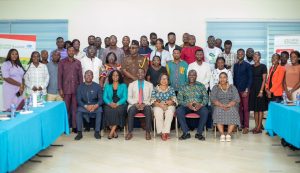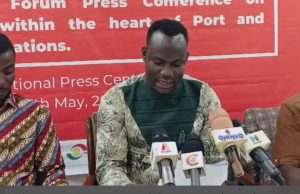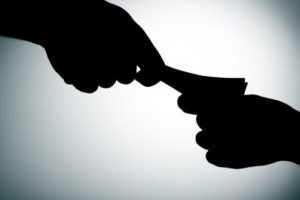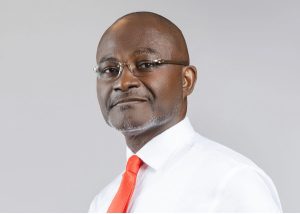The Senior Programmes Officer of Friends of the Nation, a non-governmental organization, and an implementing partner of Far Ban Bo in Ghana; Kwadwo Kyei Yamoah is cautioning fishers and residents in the fishing communities to disabuse their minds of the notion that seawater can protect them from any Covid-19 infection.
Speaking to the media in Takoradi, Kwadwo Kyei Yamoah decried how the various safety protocols to fight Covid 19 are not being enforced in fishing communities in the Western Region.
He expressed his concerns that social distancing and various safety protocols against Covid -19 by Ghana Health Service (G.H.S) are not being adhered to in our fishing communities.
He said the various District Assemblies are ensuring social distancing in markets like Sekondi Takoradi and commercial vehicles but the same cannot be said of the various fishing communities to protect the fisher folks.
He said from only 2 cases from the onset, Ghana now has over 2,000 cases and this is the more reason why the protection in various commercial vehicles should be the same in fishing vessels.
He said those saying the Covid-19 viruses cannot stand seawater must be debunked in no uncertain terms and no fisherman must believe or take this falsehood.
He also wondered why fishermen are waiting for donations before they protected themselves.
He said he supported the Regional Minister proposals that in time without a nose mask, one should not be allowed entry into the fishing harbour, while premix must not be sold to any fisher folks.
The Project Coordinator of the Far Ban Bo initiative, Kwame Mensah revealed that the project has deepened community participation in various fishing communities.
An Associate Professor at the Department of Marine and Fisheries Sciences at the University of Ghana, Professor Francis Nunno lauded the Far Ban Bo initiative saying it will help revive the fishing sector in Ghana.
The Far Ban Bo Initiative which was initiated in 2017 and ends in 2020 is being implemented in Shama, Aboadze, Abuesi in Western Region, and Anomabu in Central Region and Kpando and Keta in Volta Region to name a few.
The Project is being funded by the European Union and implemented by Care Ghana, Friends of The Nation, and Oxfam in Ghana.

